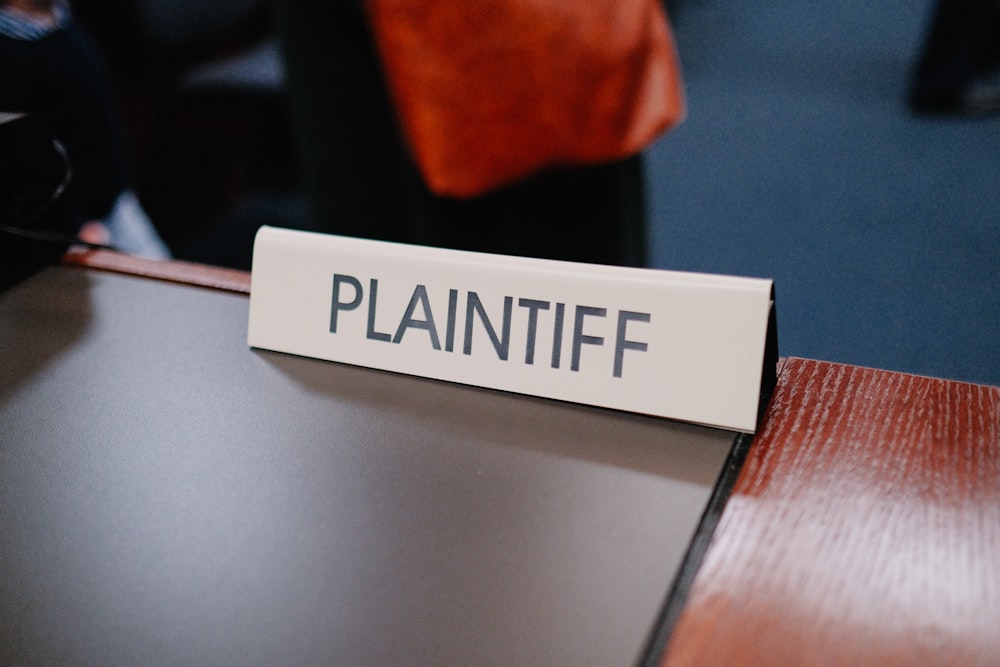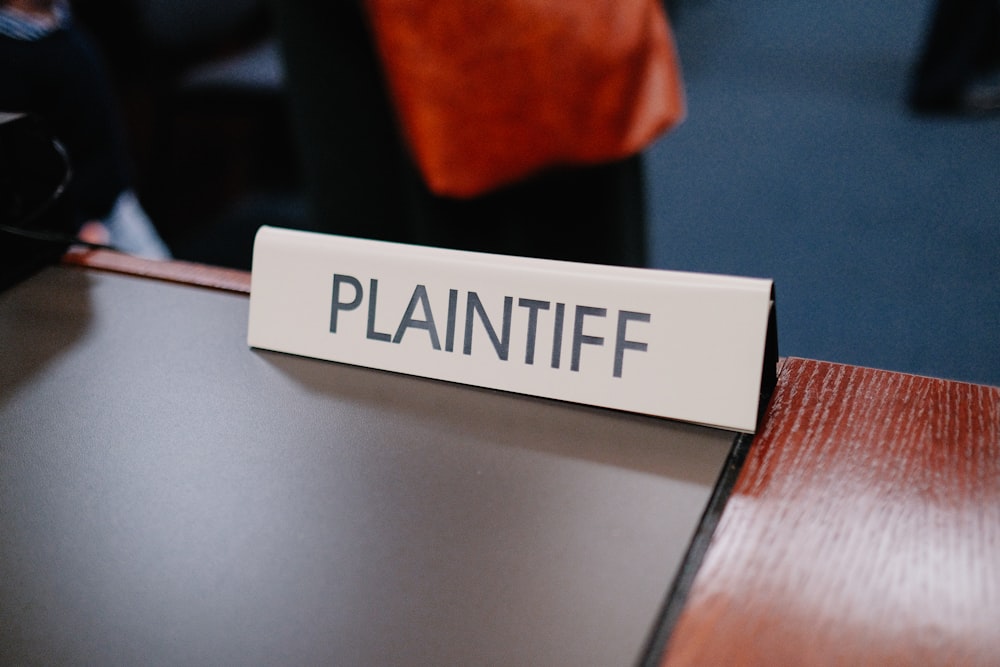
Understanding the Impact of Deliberate Divorce Delays
Introduction:
Divorce is a complex and emotionally challenging process, and for some, the desire to delay it intentionally can arise. However, it’s essential to understand the impact of deliberate divorce delays, both legally and emotionally, before embarking on such a path. In this article, we’ll explore the various aspects of intentional divorce delays and their implications.
Legal Ramifications:
Deliberately prolonging the divorce process can have significant legal consequences. Courts may view such actions unfavorably, leading to increased scrutiny and potential penalties. Judges may interpret intentional delays as attempts to manipulate the legal system or evade financial obligations, which can result in adverse rulings on issues such as asset division, spousal support, and child custody.
Financial Implications:
Intentional divorce delays can also have profound financial repercussions for both parties involved. Extended legal battles often result in escalating legal fees and court costs, draining resources that could be better allocated to building a new life post-divorce. Moreover, the uncertainty surrounding prolonged divorce proceedings can hinder financial planning and stability, exacerbating the financial strain on both spouses.
Emotional Toll:
The emotional toll of deliberate divorce delays should not be underestimated. Extended legal battles can prolong the pain and uncertainty associated with divorce, preventing both parties from moving forward and finding closure. The constant stress and anxiety of ongoing litigation can take a significant toll on mental well-being, affecting not only the spouses but also any children caught in the crossfire.
Impact on Children:
Perhaps the most profound impact of deliberate divorce delays is on the children involved. Prolonged legal battles can create a hostile and contentious environment, causing emotional harm to children already grappling with the upheaval of their parents’ separation. Children may experience heightened anxiety, depression, and behavioral issues as a result of prolonged conflict, potentially leading to long-term psychological consequences.
Strained Relationships:
Intentional divorce delays can further strain already tense relationships between spouses. The adversarial nature of prolonged litigation can erode any remaining goodwill and cooperation, making it increasingly challenging to reach amicable resolutions on important issues such as co-parenting arrangements and financial settlements. Moreover, prolonged conflict can hinder the healing process and impede both parties’ ability to move on with their lives.
Legal Strategies:
For those considering intentional divorce delays, it’s essential to weigh the potential risks and benefits carefully. Consulting with experienced legal counsel can provide valuable insights into the potential legal strategies available and their likely outcomes. While delaying divorce may seem advantageous in the short term, it’s crucial to consider the long-term implications and whether such actions align with one’s overall goals and values.
Seeking Alternative Solutions:
Rather than resorting to deliberate divorce delays, spouses may benefit from exploring alternative dispute resolution methods such as mediation or collaborative divorce. These approaches prioritize cooperation and mutual respect, offering a more constructive and less adversarial way to navigate the divorce process. By working together to find mutually acceptable solutions, couples can minimize conflict, reduce costs, and preserve relationships for the benefit of themselves and their children.
Conclusion:
While deliberate divorce delays may seem appealing to some, it’s essential to consider the broader implications of such actions. From legal consequences and financial implications to emotional tolls and strained relationships, intentional delays can have far-reaching effects that extend well beyond the courtroom. By understanding the impact of deliberate divorce delays, individuals can make informed decisions about how to proceed with their divorce journey, prioritizing their well-being and that of their families. Read more about intentionally delaying divorce







